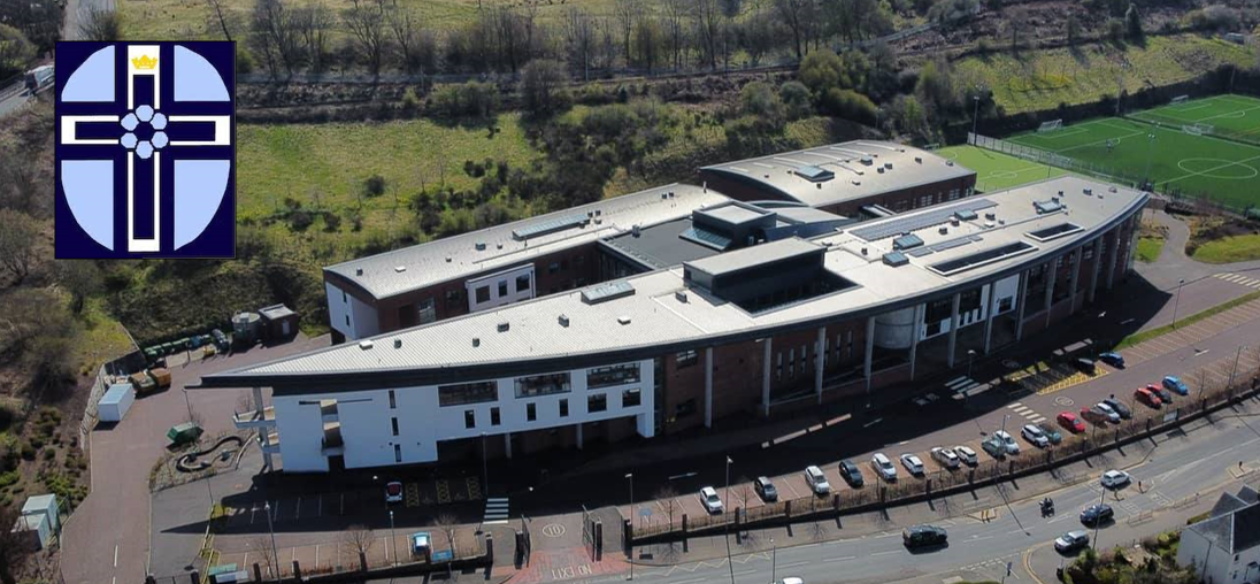Why STEM?

“In the 21st century, scientific and technological innovations have become increasingly important as we face the benefits and challenges of both globalisation and a knowledge-based economy. To succeed in this new information-based and highly technological society, students need to develop their capabilities in STEM to levels much beyond what was considered acceptable in the past.” – National Science Foundation
What is STEM?
STEM stands for Science Technology Engineering and Maths.
Science enables us to develop our interest in, and understanding of, the living, material and physical world and develop the skills of collaboration, research, critical enquiry and experimentation.
Technologies cover a range of fields which involve the application of knowledge and skills to extend human capabilities and to help satisfy human needs and wants, operating at the interface of science and society. This covers business, computing science, chemicals, food, textiles, craft, design, engineering, graphics and applied technologies.
Engineering a specific branch of the technologies, draws on scientific methods and knowledge to address and solve real-world problems.
All of STEM is underpinned by Mathematics, which includes numeracy, and equips us with the skills we need to interpret and analyse information, simplify and solve problems, assess risk and make informed decisions.
Digital skills now also play a huge and growing role in society and the economy and enable the other STEM disciplines. Digital skills embrace a spectrum of skills in the use and creation of digital material, from basic digital literacy, through problem solving and computational thinking to the application of more specialist computing science knowledge and skills that are needed in data science, cyber security and coding.
Within Notre Dame High School there are a wide range of STEM subjects available for ALL learners which promote the development of many of the higher order thinking skills associated with STEM.
These include:
Biology,
Chemistry,
Physics,
Mathematics,
Design & Manufacture,
Graphic Communication,
Health and Food Technology,
Computing Science,
Business and Administration

